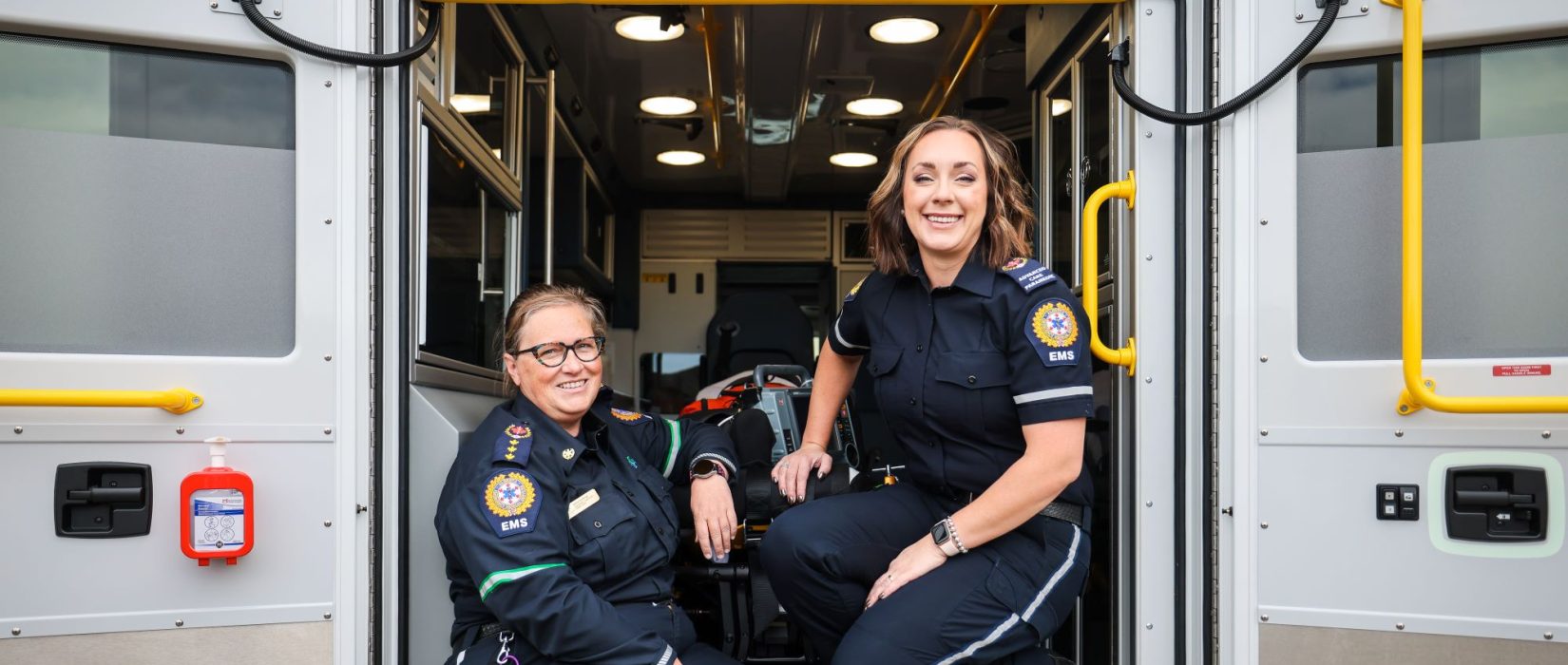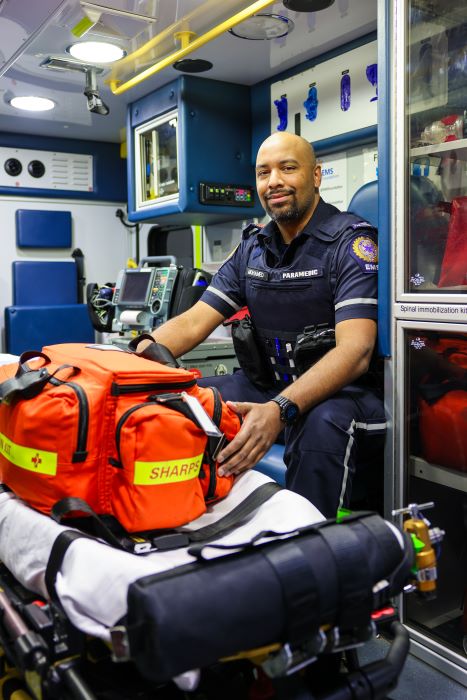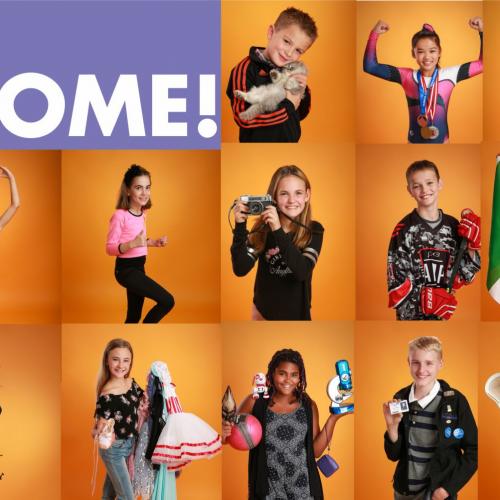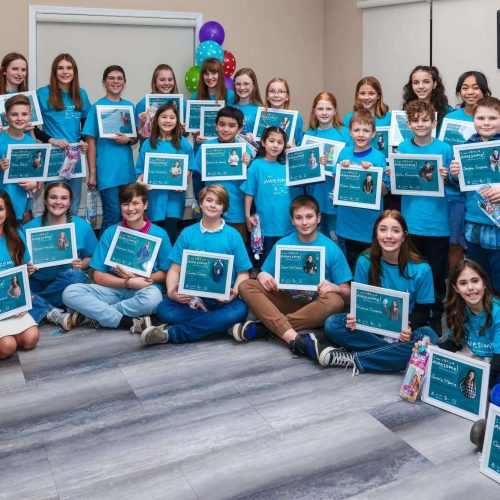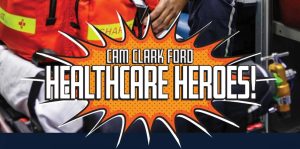
Mohamed Butt
Mohamed Butt remembers a recent call at the home of an unresponsive patient.
After some assessment, it was determined the patient had low blood sugar and simply required an IV. Slowly, he became more alert and responsive, and Butt was able to finish care and move on.
An easy call compared to others, Butt admits, but one just as important as any.
“Paramedics are vital in society, just for the pre-hospital care we provide,” says Butt.
“No matter what the call is, someone is calling in a nightmare. It’s our job to come in calm and confident and do our job to the best of our ability. That call had a happy ending, but not all of them do.”
Butt took a first-aid course and was hooked on the idea of the rewarding, fast-paced environment EMS offered. He continued his education at SAIT and became a primary care paramedic in and around the Airdrie region, where he has been for the past nine years.
The start of his shift consists of a series of checks to make sure the ambulance is stocked and mechanically fit for the day.
After that, his team logs in for duty and is sent directly to an emergency call or a staging location.
“We are either waiting for a call or responding to a call, but we will assess, transport patients to a hospital and just keep doing that,” says Butt.
“We come across many different patients from many different walks of life. Something as simple as a smile or just lending an ear goes a long way. It is not always about lifesaving skills, but making sure the people we encounter know, ‘Hey, we care about you.’”
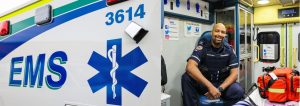
Katie Churchill
It’s 4:15 a.m., and Katie Churchill shuts off her alarm to get in a quick workout before heading down to her job with Airdrie Emergency Medical Services (EMS).
In just a few short minutes, she may help deliver a baby, perform chest compressions on someone suffering cardiac arrest, or simply provide comfort to an anxious or scared patient on the way to the hospital.
“Paramedics really do so much, and that’s what attracted me to the profession,” says Churchill. “Because we are on our own outside the hospitals, we perform the role of many other health-care specialties out in the community until we arrive at the hospital.
“We are people’s first contact with the health-care system. That comes with a lot of responsibility.”
Growing up with a mom as an emergency nurse and a dad as a police officer, pursuing a career in health care made sense. A health science degree at Mount Royal University, followed by emergency medical technician (EMT) and Advance Care Paramedic training at SAIT, and Churchill started as an advanced care paramedic in the province.
Over the years, Churchill has learned to unwind after a difficult day by spending time with her daughter or getting outdoors. Staying fit is important to Churchill in order to perform her duties as a paramedic well.
“It is definitely a demanding job on the body, both mentally and physically,” says Churchill. “But I am really proud to be a paramedic. To know you played a part in someone’s life or helped in their survival means everything to me.”
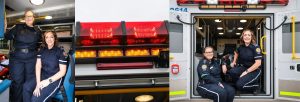
Kelly Cushing
Kelly Cushing was grabbing lunch when she felt a woman staring at her.
She made eye contact with the woman, who started crying and came over and hugged her.
“She said, ‘Thank you, you saved my life,’” says Cushing.
“To be honest, I didn’t recognize her, but it was important for her to say thanks. There are also the not-so-good memories and reminders of places on the highways where people were seriously injured or killed. It’s like a road map in your head … Even if the outcome wasn’t good, at least you were there.”
Cushing started her career as a research scientist, but wanted a change from a desk job. In 2006, she began her training as an emergency medical responder (EMR), moving up to become a primary care paramedic. She later completed her advanced care paramedic training and worked with various rural services before landing a role at Airdrie EMS.
In Fall 2023, Cushing became operations supervisor for the Calgary Zone. Her days generally involve 12-hour shifts managing staffing, supporting hospital staff and handling high-priority calls. To unwind, she spends time with her dogs, watches true-crime documentaries and plans her next fly-fishing trip.
“I travel the world looking for fish to catch on the fly, from Mexico to the Amazon Jungle and the USA,” Cushing says. “I’m hoping to return to Brazil this year for Peacock bass.”
Despite the challenges of her job, Cushing credits her EMS colleagues for helping her through the tough times.
“You build strong bonds with your co-workers,” Cushing says. “You experience people’s emergencies together and become more like family.”


